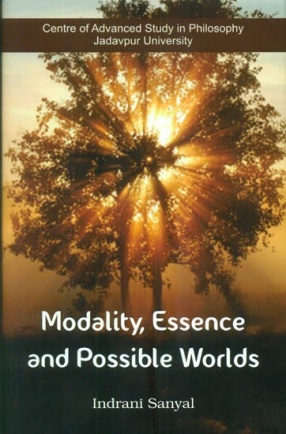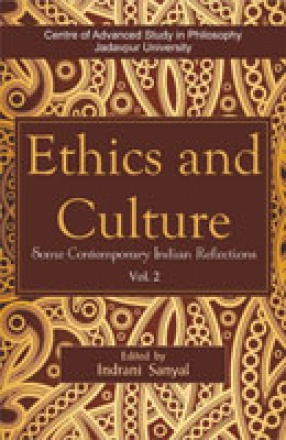Notwithstanding the profound and vast dimension of the concept of Dharma as such, Through the Lens of Dharma-Ethics, the author has endeavoured to put forward some of the metaphysical affirmations on which the feasibility of Dharma-Ethics as a discipline reposes. This volume primarily concerns itself with the elaboration and analysis of the Vaidika ethics as one of the exemplars of Dharma-Ethics, to answer the basic question as to why should one be moral.
An attempt has been made in this volume to rearrange and reformulate the answer by discussing the concepts of Dharma and its allied concepts, different kinds of karmas – prescribed for the individuals, the fourfold scheme of purushartha, psychology of human volition, roles of different psychological traits, nature of motivational force conveyed through the imperative statements and many other relevant issues.
A sustained analysis has been carried out to explain the sense of transcendence of the empirically existent, in terms of abhyudaya, mukti for which this Dharma-Ethics is a supportive ladder. “If there is hope for man, why should there not be hope for mankind?”– possibility of this sort has also been addressed. The human-centric Dharma-Ethics has been deciphered as a description and also as a prescription for the embodied humans with their various sort of indebtedness, about how they live and how they ought to live in the truth of Dharma.








There are no reviews yet.